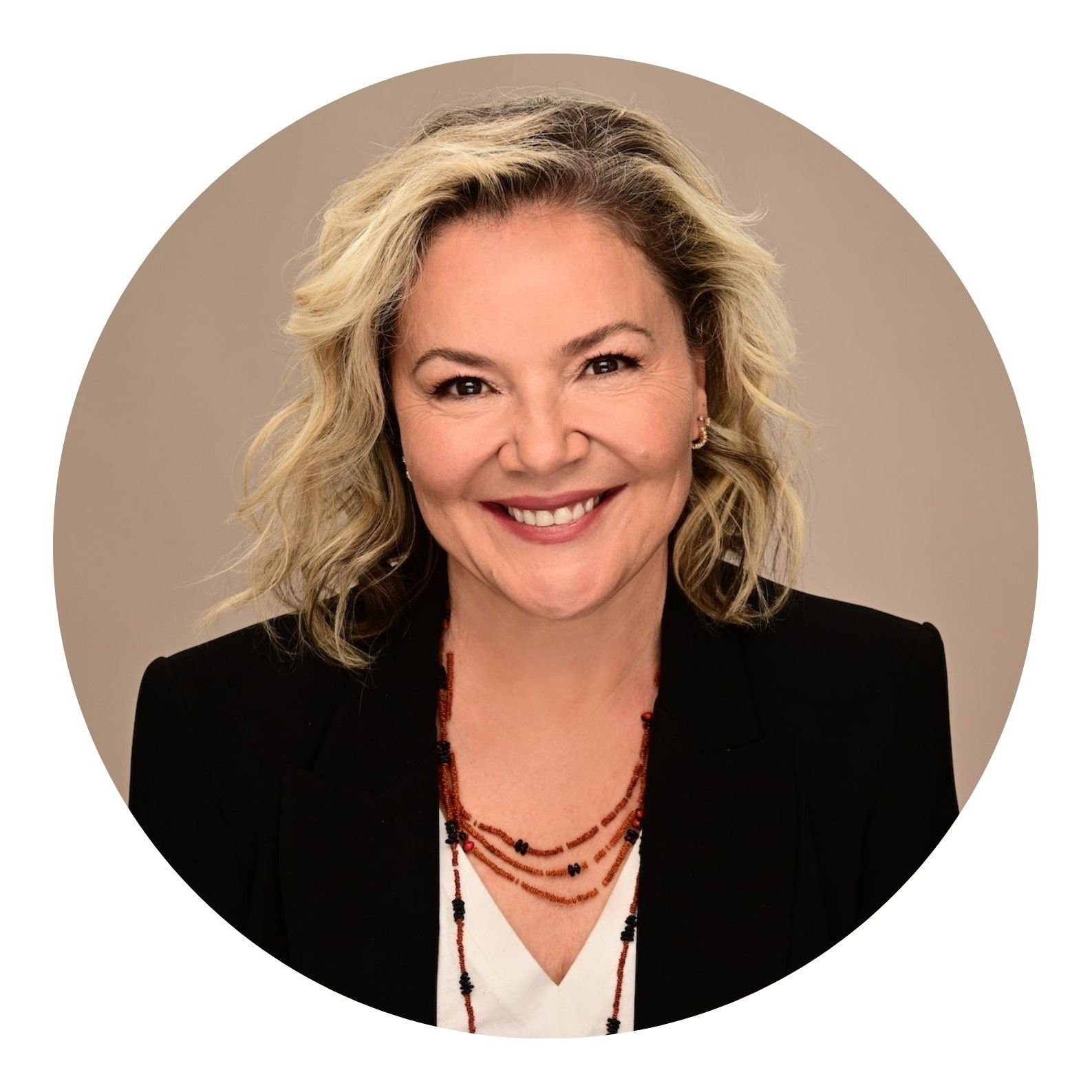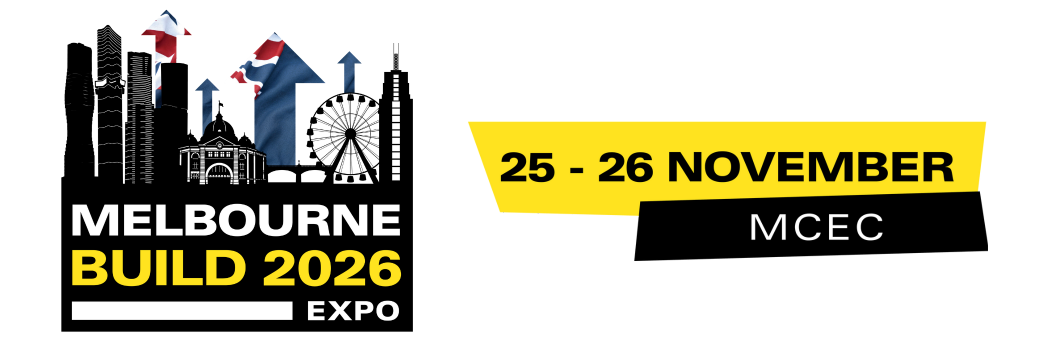Building Inclusive Workplaces in Construction: Insights from Diversity Council Australia's CEO, Catherine Hunter
)
In a candid interview, Catherine Hunter, CEO of Diversity Council Australia (DCA), sheds light on the critical role of diversity and inclusion (D&I) in the construction sector. Catherine highlights the pressing challenges within the construction industry, where gender imbalance and systemic inequality continue to hinder progress. However, she also points to exciting opportunities, such as the rise of flexible work practices and social procurement frameworks that encourage inclusive hiring. Join us as we explore her insights on how industry stakeholders can collaborate to create a more inclusive environment and the vital role DCA plays in supporting this transformation.
About Catherine Hunter (she/her)
Catherine has dedicated her 30-year career to diversity, social justice, and impact. As Group General Manager Inclusion at Woolworths, she championed the world’s first accessible checkout and a Refugee Digital Cadetship program, alongside groundbreaking anti-racism policy work. Previously, she was a Partner at KPMG, pioneering social sustainability and earning the 2014 Business Human Rights Award. Catherine chaired the UN Global Compact Network Australia (2011–2017), where she contributed to Australia’s sustainability movement. An AICD graduate, she serves as a non-executive director for Studio Schools Australia, supporting Indigenous education. Catherine lives on Wangal land with her husband and daughter.
1. Can you introduce your organisation and share its mission?
Diversity Council Australia (DCA) is the independent, not-for-profit peak body leading diversity and inclusion (D&I) in the workplace. Our mission is to advance inclusion and drive systemic change in Australian workplaces by providing evidence-based research, practical tools, and expert advice to our members. We work across all aspects of diversity – including gender, age, race, culture & religion, disability, LGBTQ+ inclusion, and more – with a strong commitment to intersectionality. This recognises that different aspects of a person’s identity can expose them to overlapping forms of discrimination that affect their experiences of inclusion or exclusion at work.
2. How does your organisation contribute to promoting diversity in construction?
DCA has members in the building and construction industry and our resources help these organisations embed inclusive practices into recruitment, leadership, culture, and career progression. Our research, such as Inclusive Recruitment at Work, the Inclusion@Work Index and Class at Work, offers data and insights that are helpful to sectors like building and construction, where traditionally underrepresented groups, particularly women, continue to face barriers - for example, the pay gap, access to flexibility, or gendered stereotypes. We also facilitate knowledge-sharing among our members, which helps support their diversity and inclusion work. This knowledge sharing is particularly powerful when our member organisations from similar industries come together and share ideas.
3. What are the biggest opportunities and challenges currently facing the construction sector regarding diversity?
The construction industry remains one of the most male-dominated sectors in Australia, with men making up 74% of the workforce. Gender imbalance is starkest at the top, where men hold 88% of the highest-paid roles, earning nearly $230,000 on average, while women make up 47% of the lowest pay quartile, with average earnings of just $62,000[i]. Half of all construction employers report a gender pay gap above 25.8%, one of the highest across industries. This reflects not only occupational segregation but also systemic and structural inequality. These issues continue to impact the attraction and retention and progression of women across the sector.
There has also been research related to construction workers that found a positive link between the five-day work week and improvements in construction workers’ wellbeing. Reduced and more predictable hours led to better work-life balance, stronger family relationships, and improved mental health. The findings are especially relevant in a sector known for long hours, high stress and elevated rates of injury and mental health impacts – and where traditional work practices continue to be a major barrier to women's participation.[ii]
Another opportunity for the sector is around social procurement frameworks, particularly those embedded in government infrastructure projects. These frameworks are creating real business incentives for organisations to prioritise inclusive employment and supplier practices and are encouraging companies to engage more First Nations businesses, employ people from marginalised groups, and demonstrate social impact beyond the bottom line.
4. Can you share any recent trends in the construction industry that you find particularly exciting?
We're seeing more organisations embrace flexible work in ways that work for site-based roles – whether that's through job redesign, rostering changes, or team-based flexibility. There’s also increased attention to psychological safety and inclusive site leadership, which is a real shift from the ‘tough it out’ mindset that used to dominate. And many construction companies are stepping up their efforts around Reconciliation, not just in policy but in practice.
5. How can industry stakeholders work together to create a more inclusive environment in construction?
Start with shared accountability. Leaders, contractors, unions, and clients all play a role in setting the tone for inclusion whether through procurement practices, training and development, or calling out exclusionary behaviour. It also means listening to the lived experiences of workers from a diversity of backgrounds and using this to shape decisions, policies, and procedures. When inclusion is embedded at every level, from leadership to site culture, it becomes a competitive advantage.
6. How can attendees best engage with your organisation during the expo?
Connect with DCA at the expo by attending the panel on ‘How Leaders, Allies, & Organisations Can Support LGBTQIA+ Colleagues’ featuring DCA Member Relations Manager, Kath Sciacca. As well as taking part in the Diversity in Construction Networking Event.
Our team would be pleased to share more about our member resources, research, and how we can support your D&I strategy. Whether you're just starting out or already leading in this space, there’s always more to explore.
And you can also visit our website at www.dca.org.au to explore our research, events, and practical guides.
[i] Source: Tackling the ‘pipeline problem’ in construction requires more than employer action | WGEA
[ii] Source: A weekend for every construction worker
Social media platforms:
Linkedin: https://www.linkedin.com/company/diversity-council-australia-ltd
Instagram: https://www.instagram.com/divcouncilaus/
Facebook: https://www.facebook.com/divcouncilaus/

